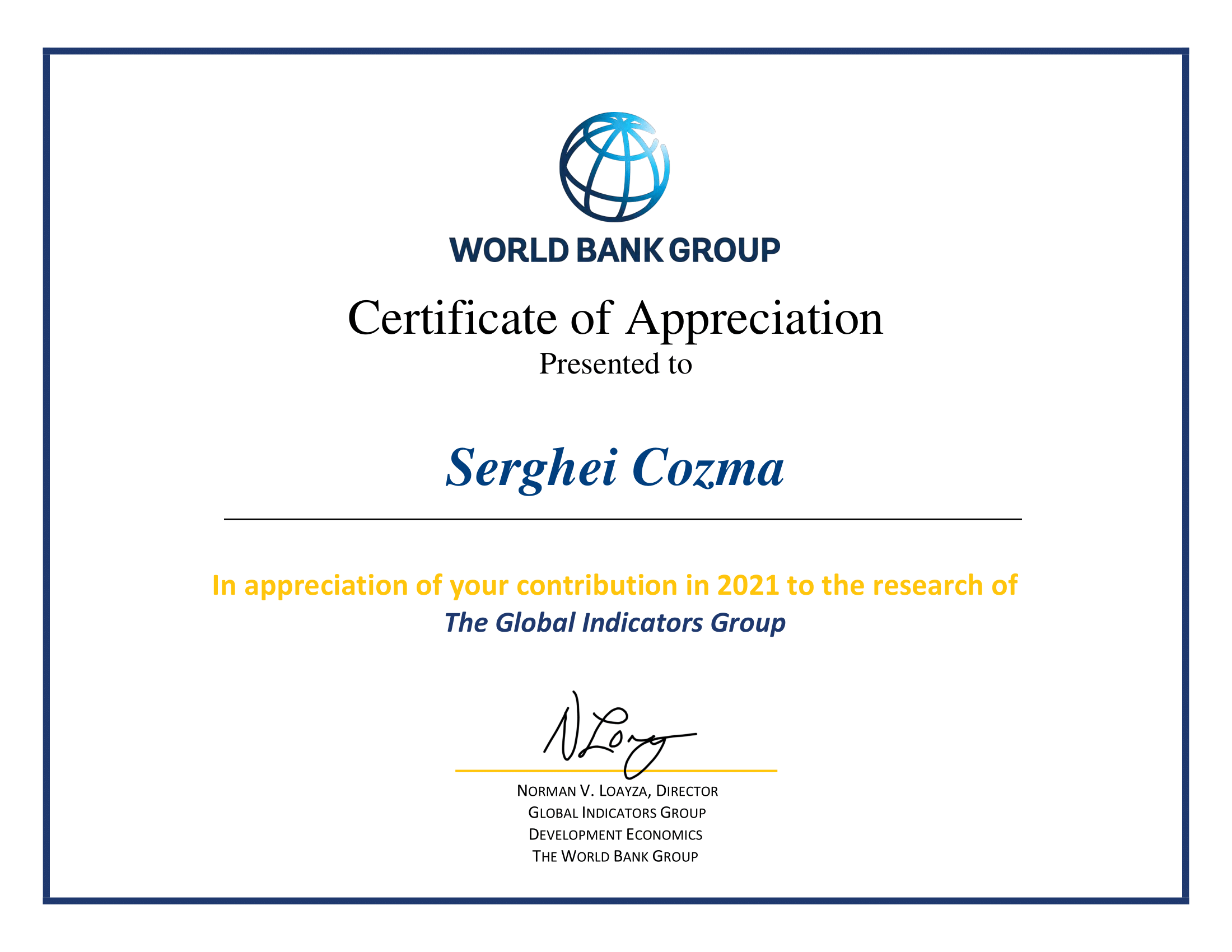5 January 2010
FOURTH SECTION Application no. 32846/07
by DANIEL-P S.A.
against Moldova
lodged on 6 July 2007 and 25 January 2008 STATEMENT OF FACTS THE FACTS The applicant, Daniel-P S.A., is a company registered in Moldova. It is represented before the Court by Mr S. Cozma, a lawyer practising in Chişinău. A. The circumstances of the case The facts of the case, as submitted by the applicant company, may be summarised as follows. In 1997 the Government of Moldova submitted to Parliament a bill "On the Privatisation Programme for 1997-1998”. Parliament adopted the Act in 1997. The annex to the Act listed the State property to be privatised, which included "Zidarul-Cahul S.A.” (Z.), a company specialised in producing environmentally friendly building materials. The state owned 97% of Z.’s shares. The Act established that the Department for the Privatisation of State Property ("the Department”) would organise the privatisation of the property listed in the annex. The Department created an Auction Commission. The Auction Commission offered Z.’s shares belonging to the State on eight separate occasions, but no one was interested in buying them. On one such occasion, the initial price of the entire lot was 447,000 Moldovan lei (MDL). In July-September 2004 the Auction Commission again offered the State’s shares in Z. for sale, at an initial price of MDL 1,235,468 (approximately 84,700 euros (EUR) at the time). The applicant company was the only interested buyer and made an offer to buy the shares at their initial price set by the authorities. The applicant company listed the annexes which it submitted together with the request for participation in the auction. Amongst the documents listed in the annexes were financial documents regarding the applicant company’s economic performance during the year prior to making the privatisation request. After additional negotiations, the applicant company agreed to pay MDL 2,500,000 for the lot (approximately EUR 171,500 at the time). On 8 October 2004 the applicant company and the Department concluded the contract for the sale of Z.’s shares. According to the contract, the applicant company undertook to keep and further develop Z.’s production profile, to maintain the jobs of 40 persons working for Z. and to hire 210 more persons, as well as to reduce the ecological impact of production. According to the applicant company, it has fully complied with these undertakings. In accordance with the privatisation certificate issued by the Department on 21 January 2005, Z.’s property bought by the applicant company included, inter alia, over 30 various buildings and its own access to the railroad system. On an unspecified time in 2005 the Agency for Construction and Development of Territory ("the Agency”), which was the central authority responsible for Z.’s management before its privatisation, initiated court proceedings against the applicant company and the Department, seeking the annulment of the sale of Z.’s shares. On 11 May 2006 the Economic Court of Appeal accepted the Agency’s request and annulled the sale of Z.’s shares. The applicant company was ordered to return 97% of Z.’s shares to the State in exchange for the initial price paid for those shares. The court found that the sale had taken place in violation of legal provisions. In particular, the central authority responsible for Z.’s management (the Agency) had not given its approval for the sale, contrary to the law. Moreover, Z. had not been correctly valued because an unfinished building belonging to it had not been reflected in the valuation. Finally, the applicant company had failed to submit financial documents regarding its economic performance during the year prior to making the privatisation request, as required by law. The applicant company appealed. It stated, inter alia, that it had submitted all the necessary documents, and listed them in the annexes to its request for privatisation. Had it not submitted any of the documents required by law, the Auction Commission (which included a representative of the Agency, an authority opposed to the sale) would not have allowed it to participate in the auction. Also, Z.’s detailed valuation had been carried out in compliance with the relevant legislation. Moreover, it was clear from the financial documents that Z. had had important debts and that expensive equipment had been unlawfully removed from it in the years before privatisation. The relatively low initial price of sale was the result of a lack of interest of potential buyers during the eight previous failed attempts to sell Z. Finally, even assuming that an unfinished building should have been included in the valuation, it could not have doubled the overall value of the company. Hence, any additional value from such a building would have been included in the final price paid for the shares, which was more than double their minimum price set by the authorities. The Department also appealed. It submitted, inter alia, that the Agency’s agreement had not been necessary for Z.’s privatisation. The decision to include an object in the list of privatised objects or to exclude it from that list belonged exclusively to the Government. Moreover, the initial minimum price at which Z.’s shares were offered for sale had been calculated in strict compliance with the relevant Government decision. Taking into consideration the previous eight failed attempts to sell Z.’s shares and that the minimum price was at some point MDL 447,000, the final price of MDL 2,500,000 for which the applicant company eventually bought them was acceptable and real. Finally, the unfinished building was reflected in the valuation, despite the fact that the building had in fact been unlawfully transferred by the Cahul municipality for free to a private company. Hence, the building should not have been included in the valuation in any event. By its final judgment of 25 January 2007 the Supreme Court of Justice, presided over by Judge I.M., upheld the lower court’s judgment. The court noted that the Agency had been against the sale of Z.’s shares, as required by law. Without giving a reasoned response to the Agency’s position, the Department had decided to continue with the sale of Z.’s shares. Moreover, Z.’s unfinished building had not been reflected in the valuation of its shares, leading to a diminished sale price. There was nothing in the file to confirm the appellants’ contention that the building had in fact been reflected in the valuation.
The applicant company complains under Article 1 of Protocol No. 1 to the Convention that it was unjustly deprived of its property even though it had complied with all the conditions for privatisation established by the authorities.
QUESTION TO THE PARTIES
Has there been an interference with the applicant company’s rights guaranteed under Article 1 of Protocol No. 1 to the Convention? If so, was the interference lawful and proportionate (see Dacia SRL v. Moldova, no. 3052/04, 18 March 2008)?
Источник: http://cmiskp.echr.coe.int/tkp197/view.asp?action=html&documentId=860699&portal=hbkm&source=externalbydocnumber&table=F6 |






